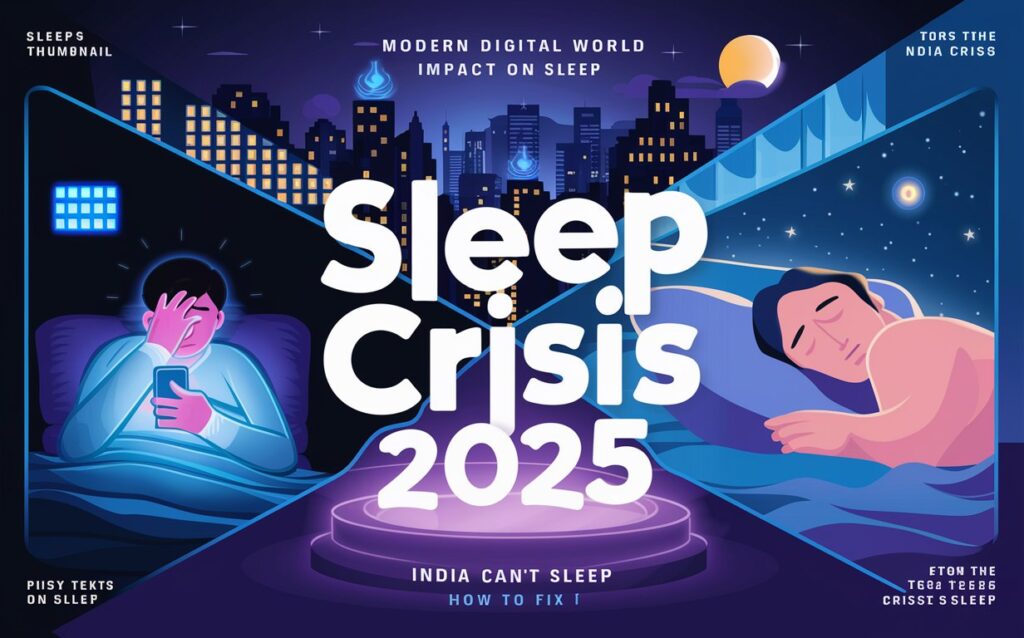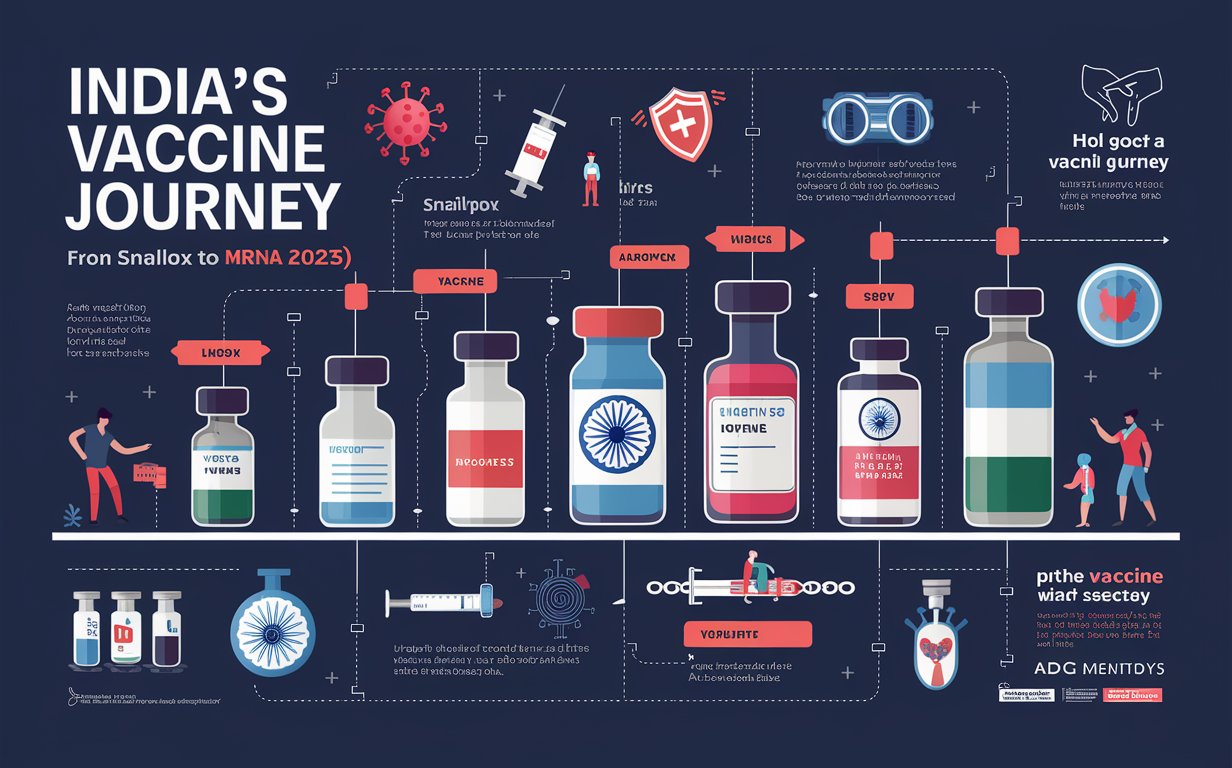💤 Sleep Crisis 2025: Why India Is Losing Sleep and How to Fix It 🌙
In 2025, India is facing a silent epidemic — sleep deprivation. Across urban and rural areas alike, sleepless nights have become the new normal. With rising stress levels, late-night screen time, and the 24/7 hustle culture, Indians are sleeping less than ever before — and it’s taking a serious toll on health, productivity, and national wellbeing.

📉 The Alarming Sleep Statistics in India
Recent studies by the Indian Council of Medical Research (ICMR) show that more than 60% of working Indians sleep less than 6 hours a night. Children and teens are also affected, with academic pressure and digital distraction pushing their sleep cycles off balance.
Shift workers, IT professionals, delivery executives, and social media addicts are among the worst hit. Bengaluru, Mumbai, and Delhi report the highest insomnia rates in the country.
🧠 The Mental Health Fallout
Sleep isn’t just rest — it’s recovery. Lack of sleep has been directly linked to depression, anxiety, memory loss, and poor decision-making.
By 2025, India has seen a 37% increase in mental health consultations triggered by sleep-related disorders. Burnout has become the biggest workplace concern, with companies like Infosys and Wipro investing in corporate sleep wellness programs.
❤️ Sleep and Physical Health: A Dangerous Link
Sleep deprivation increases the risk of high blood pressure, heart disease, obesity, diabetes, and even cancer. It weakens the immune system, slows metabolism, and reduces life expectancy.
Doctors warn that even two nights of poor sleep can impair your immune response by up to 70%, making the body vulnerable to infections and long-term diseases.
📱 The Screen-Time Curse
The blue light emitted by mobile phones and laptops tricks the brain into thinking it’s still daylight. In 2025, the average Indian adult spends 7+ hours a day on screens, including late nights scrolling reels or binge-watching shows.
This directly interferes with melatonin production — the hormone that regulates sleep. Digital addiction has made it nearly impossible for people to “switch off” even after midnight.
🌿 India’s Return to Ancient Sleep Remedies
Ironically, the cure for this modern crisis may lie in India’s ancient traditions. Ayurveda prescribes Brahmi, Ashwagandha, and warm milk with turmeric for insomnia. Yoga Nidra and meditation are making a massive comeback as natural sleep aids.
Sleep therapists across India now offer Shirodhara therapy, where warm oil is poured gently on the forehead to trigger deep relaxation.
🛏️ Sleep Tech in 2025: Gadgets for Better Rest
India’s tech industry has responded with innovations like:
- Smart mattresses that adjust firmness in real-time
- Sleep-tracking rings and watches
- AI-based soundscapes for calming the brain
- Light-based alarm clocks that simulate sunrise
Startups like Dozee, Ultrahuman, and Sleepyhead are booming in 2025, combining science with comfort to promote better rest.
🧬 Government Intervention and Awareness
The Ministry of Health launched the “Sleep India Movement” in early 2025. It promotes sleep education in schools, screen curfews in workplaces, and mobile sleep clinics in tier-2 cities.
Several Indian states have also made workplace nap zones mandatory for IT firms and media houses. This progressive step has already shown a 15% boost in employee productivity and focus.
✅ Conclusion
Sleep is no longer a luxury — it’s a national need. In 2025, India’s recognition of sleep as a cornerstone of health, happiness, and performance marks a lifestyle shift for the better. From Ayurvedic roots to futuristic gadgets, the country is waking up to the power of better sleep — by learning how to sleep again 😴🇮🇳.



Post Comment